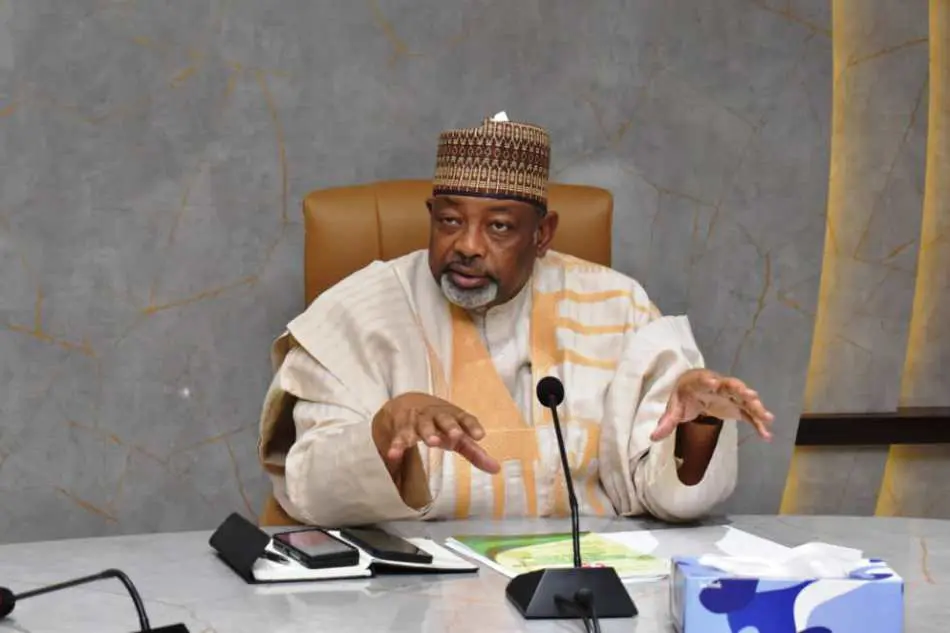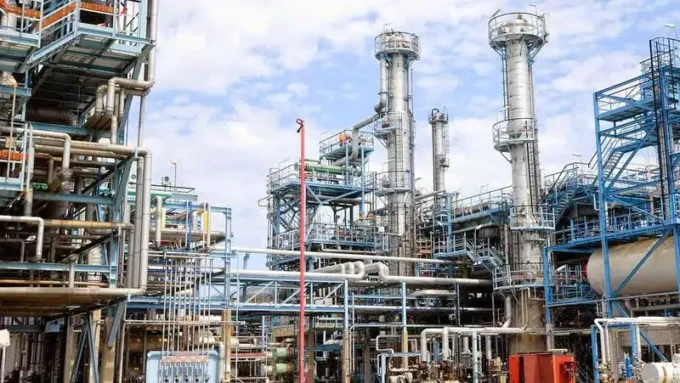The Federal Government of Nigeria has announced that the recapitalization of the Bank of Agriculture (BOA) will be completed by the end of the first quarter of 2025. This revelation came from Abubakar Kyari, the Minister of Agriculture and Food Security, during a speech in Abuja last week.
The recapitalization aims to facilitate better funding for smallholder farmers, tackling the persistent issues they face in securing financial resources for commercial agriculture. Kyari emphasized that this move is pivotal in addressing the current food inflation rate, which hovers around 34 percent.
The initiative was set in motion by the National Council of Privatization (NCP) in 2024, with a committee under the leadership of Wale Edun, the Minister of Finance and Coordinating Minister of the Economy, tasked to strategize the bank’s revival.
Kyari outlined that the recapitalization is not only about financial restructuring but also about enhancing the bank’s ability to extend its services across Nigeria’s 109 senatorial districts, thereby reaching more farmers with crucial financial support.
“Something that I also missed out is the reorganisation and recapitalisation of the Bank of Agriculture. It’s in the process, and very soon, within the first quarter of this year, you will see a report outlining the reorganisation and the recapitalisation of the Bank of Agriculture,” Kyari stated. He highlighted that the bank’s extensive network could be leveraged to support smallholder farmers, who are often capital-starved.
The minister also discussed the broader implications of these efforts, including partnerships with commercial banks, development partners like the International Fund for Agricultural Development (IFAD), and public financing. These collaborations aim to bolster agricultural projects nationwide.
Kyari noted the success of the 2024 farming season, attributing high yields to favorable weather, effective government policies, and improved security in farming areas previously inaccessible due to instability. He mentioned ongoing efforts to sustain this progress, including support for wheat farming in highland areas, distribution of modern farming tools, and the integration of advanced technologies like drones for the 2025 season.
Additionally, the government is taking delivery of 2,000 tractors from Belarus, with 255 already distributed, aimed at enhancing farming operations. Plans are also in place for expanding tomato farming in the South-East and South-West, with harvests expected by May. For the dry season, the goal is to cultivate an additional 400,000 hectares, with improved fertilizer supplies to increase output.
To combat post-harvest losses, investments in cold storage and logistics are underway, further supported by security enhancements to ensure that agricultural activities can proceed without disruptions.
The minister concluded by reaffirming the government’s commitment to reducing the cost of living through these agricultural interventions, aiming for a more resilient and productive agricultural sector in Nigeria.












Do you think the Bank of Agriculture recapitalization will actually benefit small farmers? I have my doubts. Lets discuss!
This is great news! But will the recapitalization really benefit small farmers or just big corporations? Lets discuss!
Im not sure if recapitalizing Bank of Agriculture will really benefit farmers. What do you all think? 🤔
Wow, about time! Lets hope the recapitalization actually boosts agricultural development and doesnt end up lost in bureaucracy.
I cant believe its taking so long to recapitalize Bank of Agriculture! Hope it actually happens by Q1 2025.
I dont know about you guys, but Im wondering if this Bank of Agriculture recapitalization will actually benefit small farmers or just big corporations.